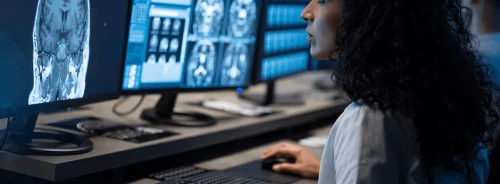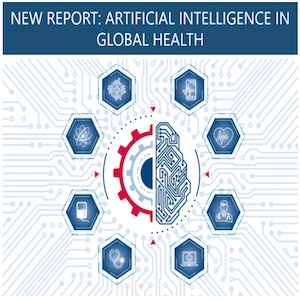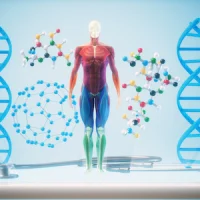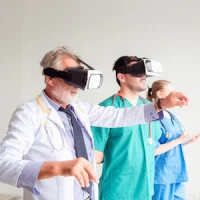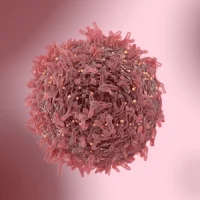Recognising the huge potential impact of AI in global health, The Rockefeller Foundation and United States Agency for International Development’s (USAID) Center for Innovation and Impact (CII) partnered, in close coordination with the Bill and Melinda Gates Foundation, developed and launch today a groundbreaking new report: AI in Global Health: Defining a Collective Path Forward.
Technologies like AI are rapidly evolving, yet are still at an early-stage, which provides the development ecosystem the unique opportunity to take an active part in shaping the market to make sure new technologies are introduced and scaled effectively and appropriately.
The report states it's important to acknowledge that AI is a means to an end for global health impact and not always the right or best solution for every health challenge. AI is also one component, although an exciting one, of many under the broader digital health umbrella.
While the excitement surrounding AI is welcome and has certainly been accompanied by a lot of hype, detailed analysis has been lacking on how best to deploy and effectively scale AI solutions in health systems across LMICs. As the global health and development communities know from prior experience, it is very challenging to take disruptive technology innovations from high-income countries and deploy and scale them so that they address the unique needs of, and have positive impacts on, populations in low-income environments. This paper is intended to fill a key gap by identifying both barriers to AI deployment at scale in LMICs and what actions can best accelerate the appropriate use of AI to improve health in LMIC contexts.
In addition, as LMICs are shifting towards digitization, AI solutions like the ones presented in this report are becoming more attractive to addressing global health challenges. This report reflects the outputs of an analysis carried out by two global health donors, USAID’s Center for Innovation and Impact (CII) and The Rockefeller
Foundation - which was undertaken in close coordination with the Bill & Melinda Gates Foundation. The Boston Consulting Group also facilitated and supported this analysis.
The goal of this effort was to better understand where and how AI could be most impactful, and to develop actionable recommendations for coordinated investments. While there are many publications discussing the potential value of AI in healthcare and social impact, this report provides a holistic look at a wide range of potential AI use cases in global health and assesses which use cases may have the greatest impact and also presents the biggest challenges to scaling in low-resource contexts.
The report identifies opportunities for donors, governments, investors, the private sector, and other stakeholders to explore and accelerate the appropriate development and cost-effective use of AI at scale in global health.
AI in Global Health:
- Explores the current state-of-the-art of AI in healthcare to determine use cases with the highest potential in the global health context
- Assesses the most critical challenges to scaling AI in low- and middle-income countries to understand which barriers may require more strategic and deliberate intervention
- Explores potential investments as part of a coordinated approach to funding this space effectively
The report is formally launching today at the Aspen Institute tune here to watch.
You can download the complete report at: USAID
Source: USAID
Image credit: USAID
References:
Latest Articles
Healthcare, global health, Artificial Intelligence, AI, Intervention, USAID, The Rockefeller Foundation, United States Agency for International Development’s (USAID) Center for Innovation and Impact, CII, Bill and Melinda Gates Foundation, LMICs, the Aspen Institute
In the past decade emerging technologies have been flooring the gas petal driving exponential innovation in almost all fields and industries. From blockchain and cryptocurrencies, to getting your groceries delivered by drone (UAVs) on your front lawn, to



